Iraqis disagree about many things but on one topic they are united: they believe they live in the most corrupt country in the world, barring a few where there is nothing much to steal. They see themselves as victims of a kleptomaniac state where hundreds of billions of dollars have disappeared into the pockets of the ruling elite over the past 15 years, while everybody else endures shortages of everything from jobs and houses to water and electricity.
The popular rage against the political class that came to power in 2003 explains why the movement led by the populist-nationalist cleric Muqtada al-Sadr, which demands political and social reform and is allied to the Iraqi Communist Party, topped the poll in the parliamentary election in May. But the low turnout of 44.5 per cent underlined a conviction on the part of many that nothing much is going to change, whatever the makeup of the next government – something still being patched together in snail’s pace negotiations between the parties. “Even friends of mine who did vote are disillusioned and say they will not vote again,” one Baghdad resident told me.
It is impossible to exaggerate the frustration of Iraqis who know they live in a potentially rich country, the second largest oil producer in Opec, but see its wealth being stolen in front of their eyes year after year.

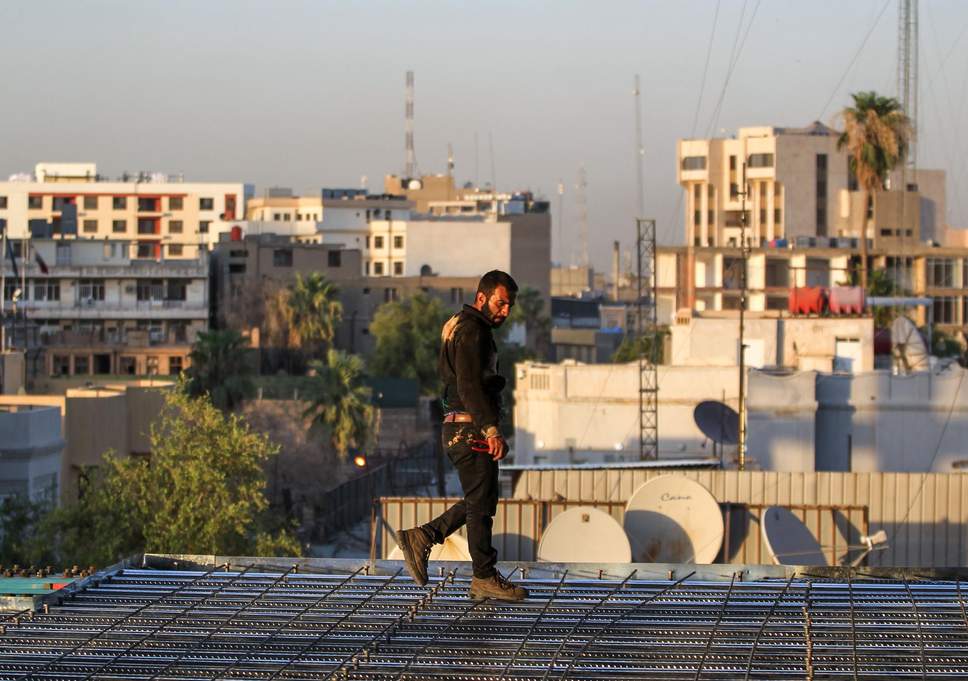
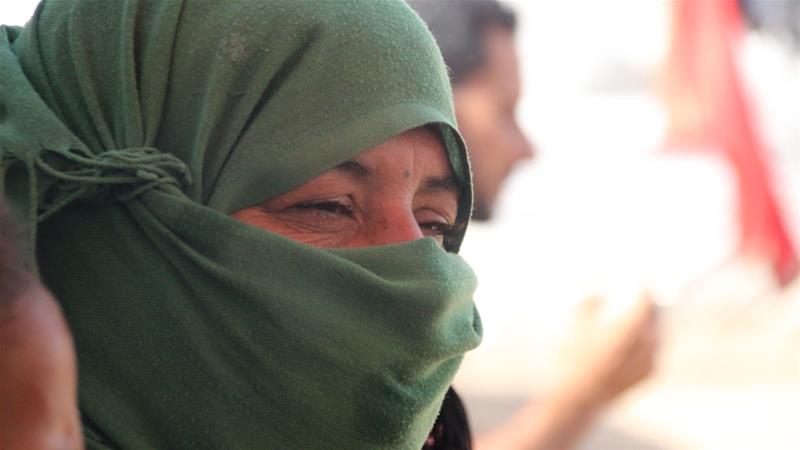
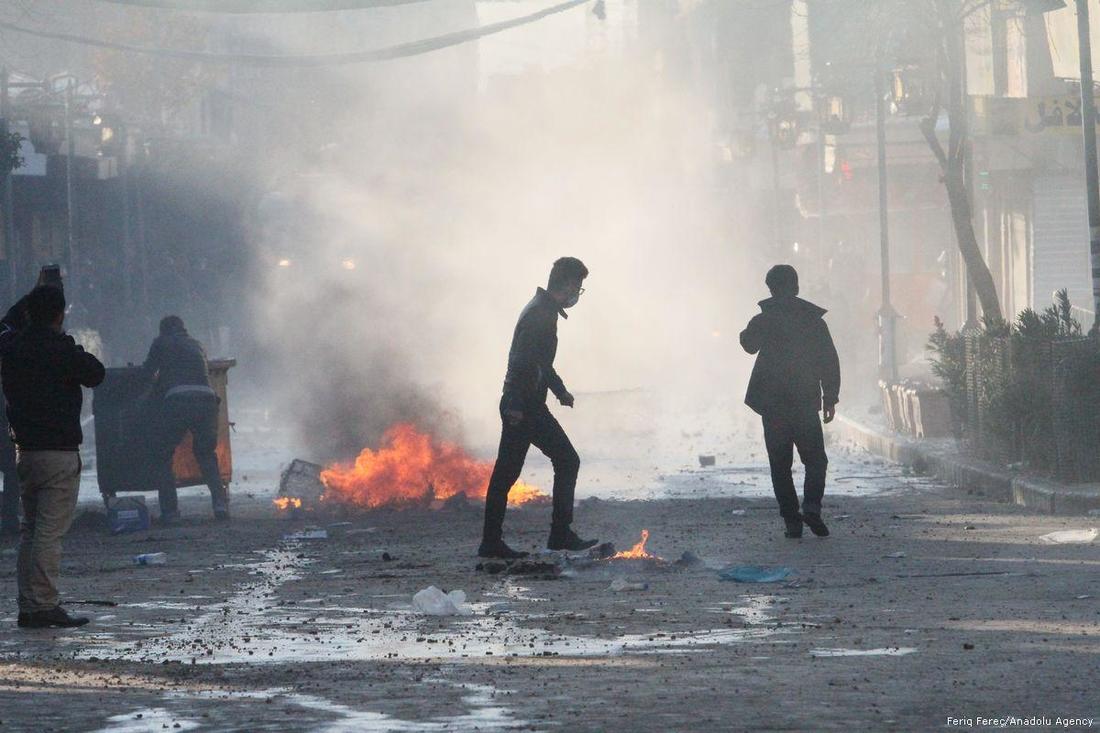
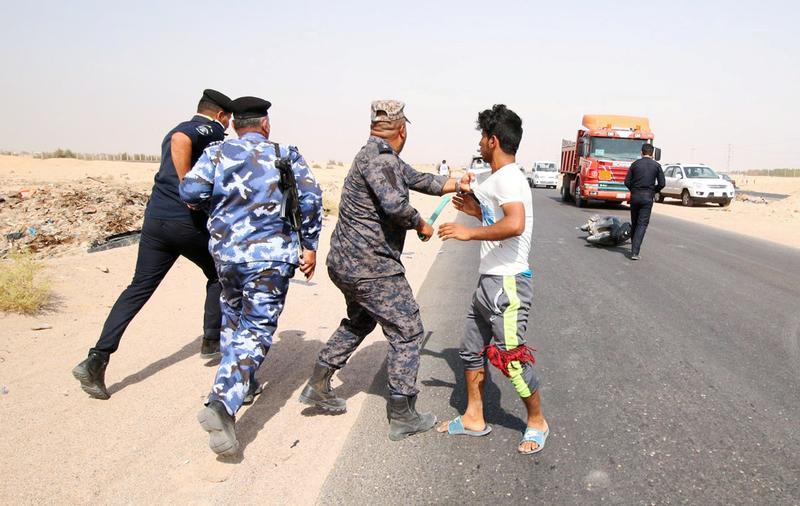
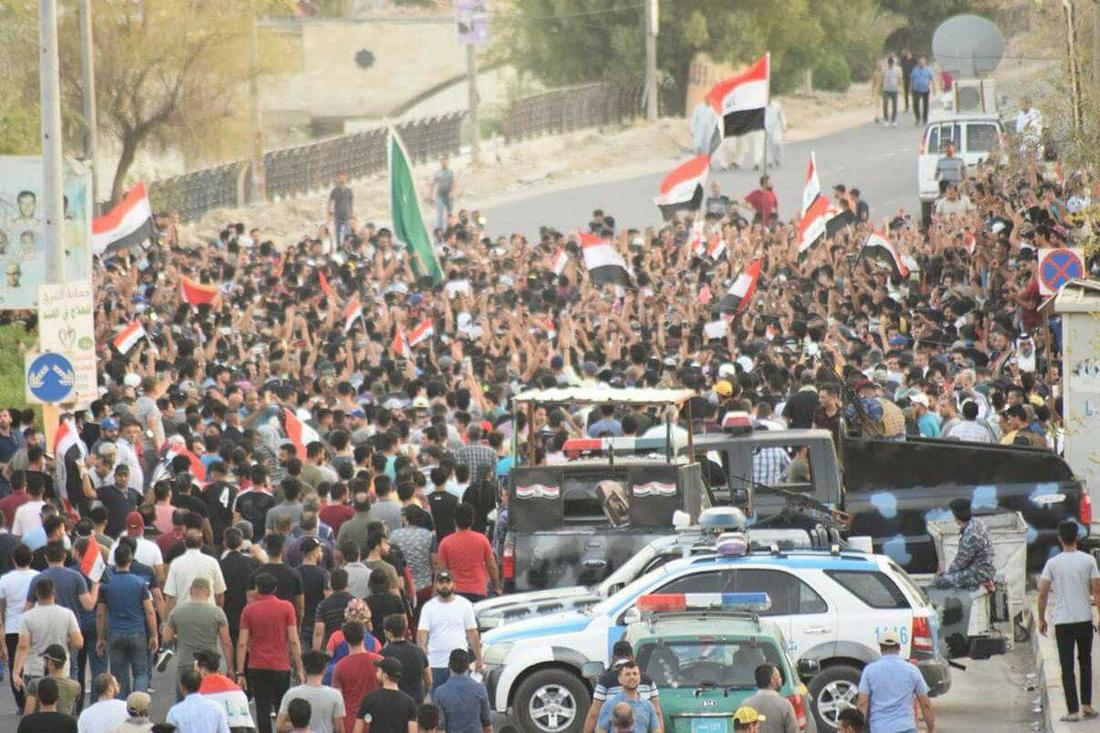
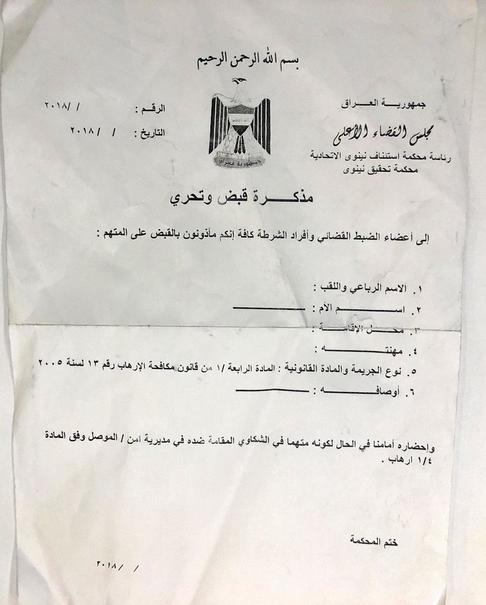
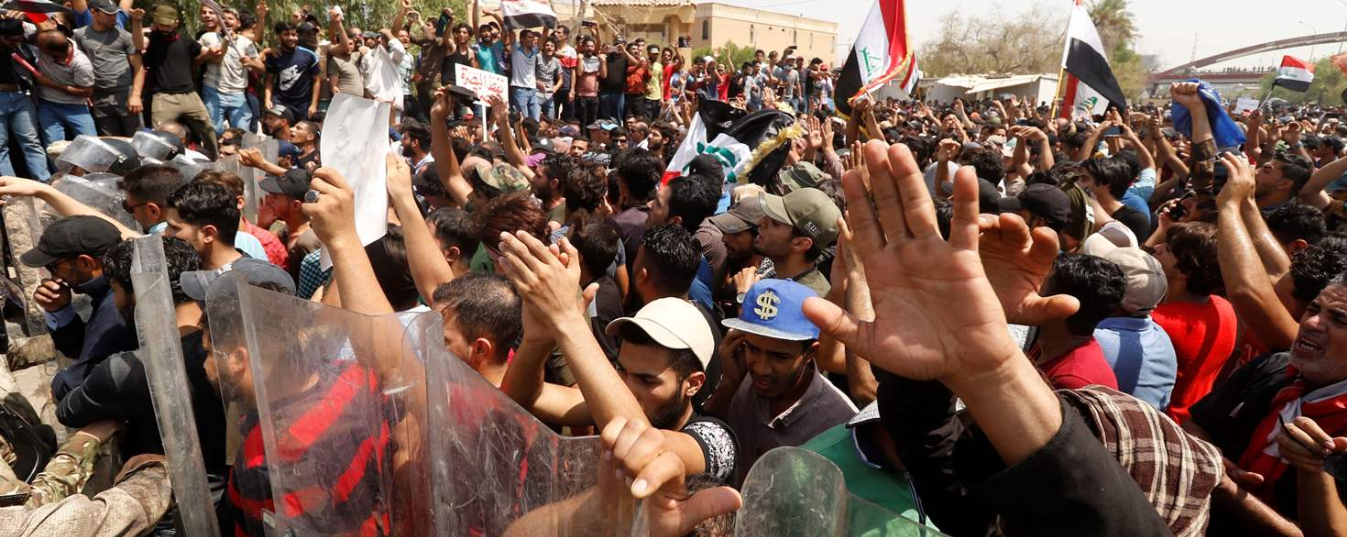
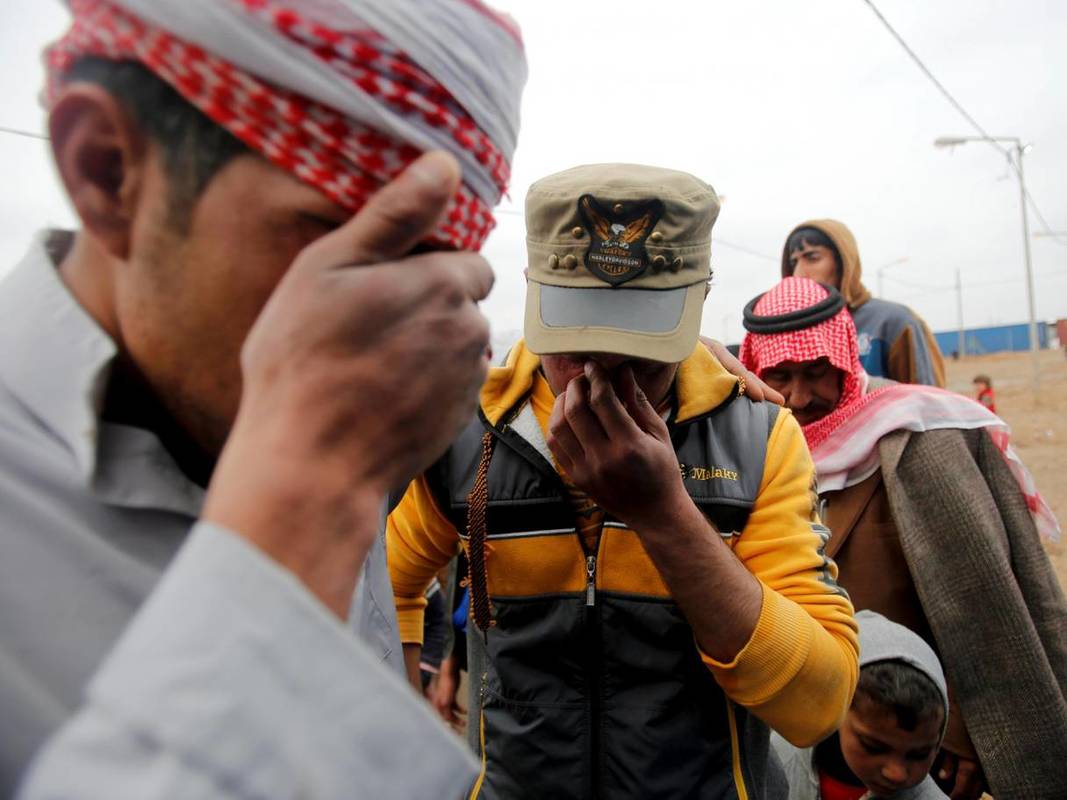
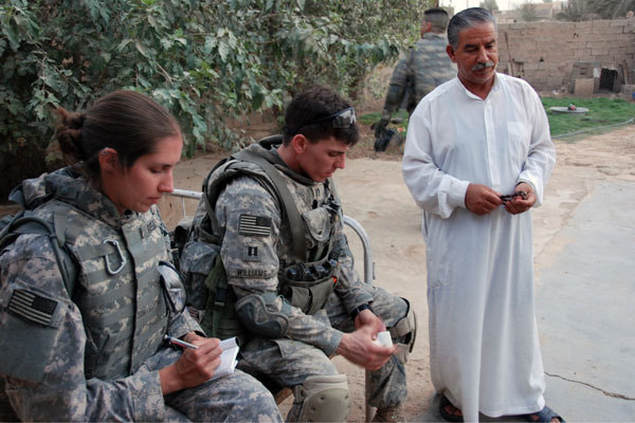
 RSS Feed
RSS Feed